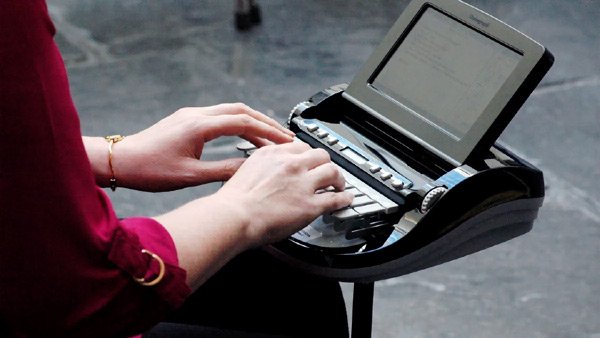
[si-contact-form form=’1′]
What Is A Deposition
Overview
A deposition is a witness’s sworn out-of-court testimony. It is used to gather information as part of the discovery process and, in limited circumstances, may be used at trial. The witness being deposed is called the “deponent.”
Oral Depositions
Depositions usually do not directly involve the court. The process is initiated and supervised by the individual parties. Usually, the only people present at a deposition are the deponent, attorneys for all interested parties, and a person qualified to administer oaths. Sometimes depositions are recorded by a stenographer, although electronic recordings are increasingly common. At the deposition, all parties may question the witness. Lawyers may not coach their clients’ testimony, and the lawyers’ ability to object to deposition questions is usually limited.
Depositions are usually hearsay and are thus inadmissible at trial. There are, however, three exceptions to the hearsay rule that are particularly relevant to deposition testimony. The first is when a party admits something in a deposition that is against his or her interest. The second is when a witness’s testimony at trial contradicts their deposition. The third is when a witness is unavailable at trial. See Federal Rules of Evidence, Article VIII.
Written Depositions
Depositions may also be conducted by written questions. In this kind of deposition, the parties submit questions in advance. At the deposition, the deponent answers those questions and only those questions. Depositions by written questions are cheaper than depositions by oral questions, because parties’ lawyers need not attend. However, this method is typically seen as less useful, because it is difficult to follow up on a witness’s answers when the witness simply writes down his/her statements. Usually, parties use interrogatories instead of depositions by written questions.